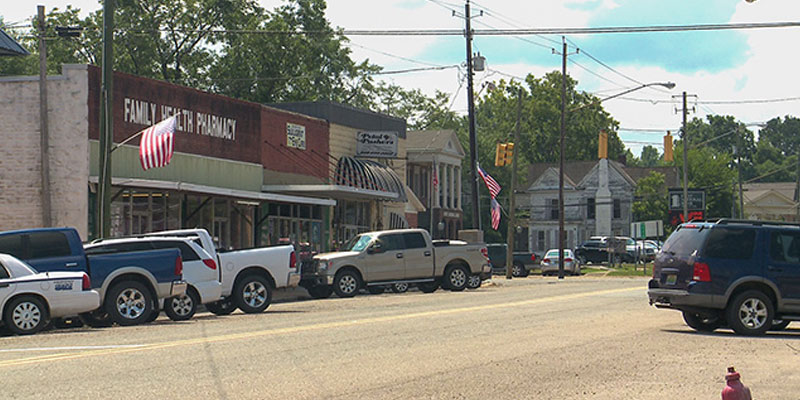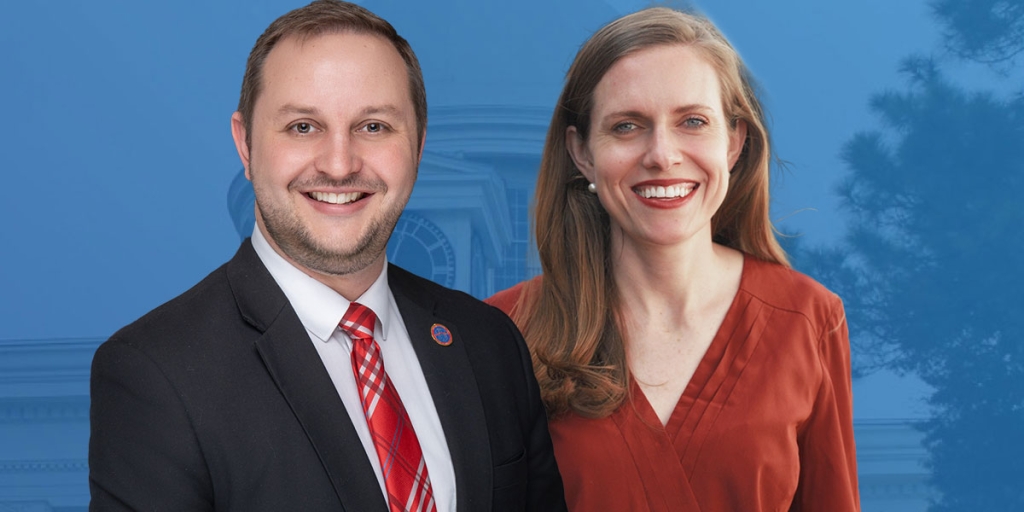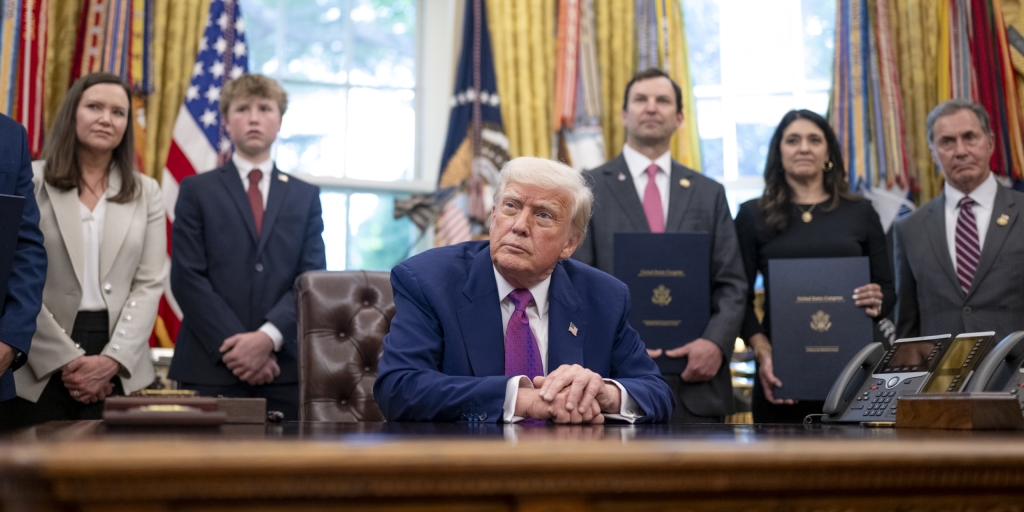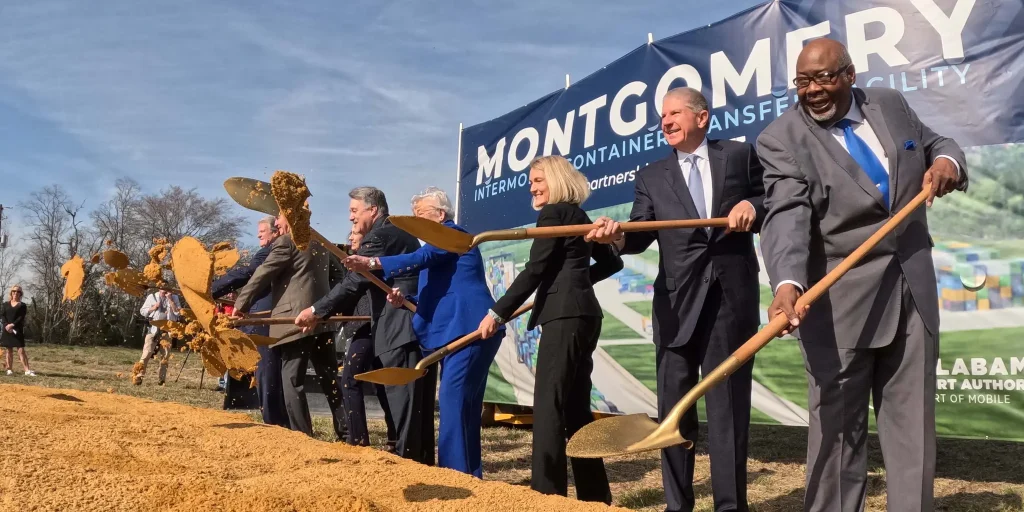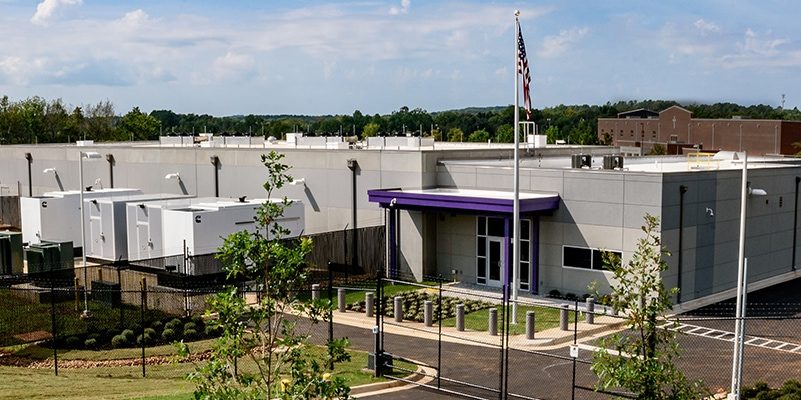Rural economic development in Alabama is getting some personal attention from two experts with a track record in recruiting industry and adding jobs.
Brian Hilson steps into the newly-created role of rural development strategist at the Economic Development Association of Alabama. Hilson most recently was the president and CEO of the Birmingham Business Alliance. He held the same position at the Huntsville-Madison County Chamber of Commerce prior to that.
On Monday, the Alabama Department of Commerce announced Brenda Tuck is the first to take on the new job of rural development manager at the state agency. Tuck previously served in Commerce’s Workforce Development Division as regional workforce council liaison. Prior to that, she served in economic development positions in Southwest Alabama, including Marengo, Dallas and Wilcox counties.
In her new role, Tuck will provide technical assistance to rural communities being considered for economic development projects. She will also provide ongoing assistance and training for rural communities seeking to enhance their competitiveness for new investment and jobs.
“Rural communities in Alabama can benefit from having a go-to person who can connect them with the resources they need to improve their economic development prospects,” Tuck said. “I look forward to working with the leaders from rural counties and communities across the state in this important role.”
In his job at EDAA, Hilson has been traveling around the state meeting with officials in the 40 of Alabama’s 67 counties where the population is 50,000 or less.
“This is something that has really never been done before in Alabama,” Hilson said.
Those visits are revealing common issues – some that are easier to fix than others.
“It’s really important to help everyone involved in economic development around the state understand the importance of our rural communities and how they’re performing, or not performing in economic development,” Hilson said. “Some are doing very well, some are kind of in the middle of the road and some have a long, long way to go to get properly organized and understand their assets.”
More resources helping develop, promote rural Alabama from Alabama NewsCenter on Vimeo.
At the EDAA Summer Conference on Monday, Hilson moderated a panel of companies who have found success in rural areas. David Holder, general manager of Southern operations for auto supplier Sanoh America, talked about how his company has expanded seven times in the past 19 years and grown with the automotive industry in the state. He said Scottsboro has been a partner in the company’s growth, helping with workforce, infrastructure, incentives and other issues.
Although Kimber Manufacturing is still ramping up its firearm assembly business in Troy, Scott Moore, the vice president of manufacturing, said working with local economic development officials has been a key to the early success at the plant.
Another perfect marriage appears to be between Thomasville and the Westervelt Company. Steve Metz is the plant manager of the Westervelt sawmill being built in the Clarke County community that will create 175 jobs.
Metz said he is constantly being asked by local officials if there is anything the company needs. Most of the time he said the company doesn’t need anything but, on the off-chance he mentions he does need something, it is provided almost immediately or a plan is put in place to provide it.
“The support you get from a local community is amazing,” Metz said.
Thomasville Mayor Sheldon Day said he is glad to hear Westervelt feels welcome.
“We think it’s cool to be rural in Thomasville,” Day said. “If you want to do something special, really special, come to a rural community.”
Day said a plant like Westervelt can have a big impact on a small community like Thomasville. It’s a town where the plant manager is recognized in the grocery store and given a ‘thank you’ by a grandmother for giving her grandson a job.
Day said he’s heard lip service and seen studies done before to address the needs of rural Alabama. But something is different today.
“So many times, they did these beautiful studies and it told you some of the things they needed to do but those studies weren’t put into action,” he said. “I’m pleased to see it looks like now we’ve got a joint effort between the state, EDAA and many other organizations – folks like PowerSouth, Alabama Power and others – focusing truly on rural development now.”
Day said Thomasville is proof that rural economic development is possible if a community is prepared to put in the time and effort.
“If we can do it 65 miles from the closest interstate, anybody can do it,” he said. “You’ve just got to put your nose to the grindstone and do what my grandfather used to say, ‘Keep your head down and keep plowing, son.’”
Hilson agreed that communities like Thomasville are examples of what’s possible.
“There is really plenty of that to go around, but it takes a lot of preparation for communities to do that – I’m talking about physical infrastructure, workforce, of course, but also leadership and those are the kinds of issues that we’re really focused on,” he said.
Putting communities in a position to be competitive is the focus.
“They can’t market themselves effectively until they’ve got a more marketable product,” Hilson said.
He said the EDAA rural development committee will be launching a pilot program in 2020 in which five rural areas of the state will get specialized attention to prepare them for economic development. Hilson said those initial pilot communities will likely be regional and not individual cities.
(Courtesy of Alabama NewsCenter)




